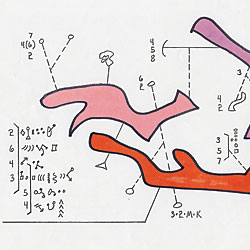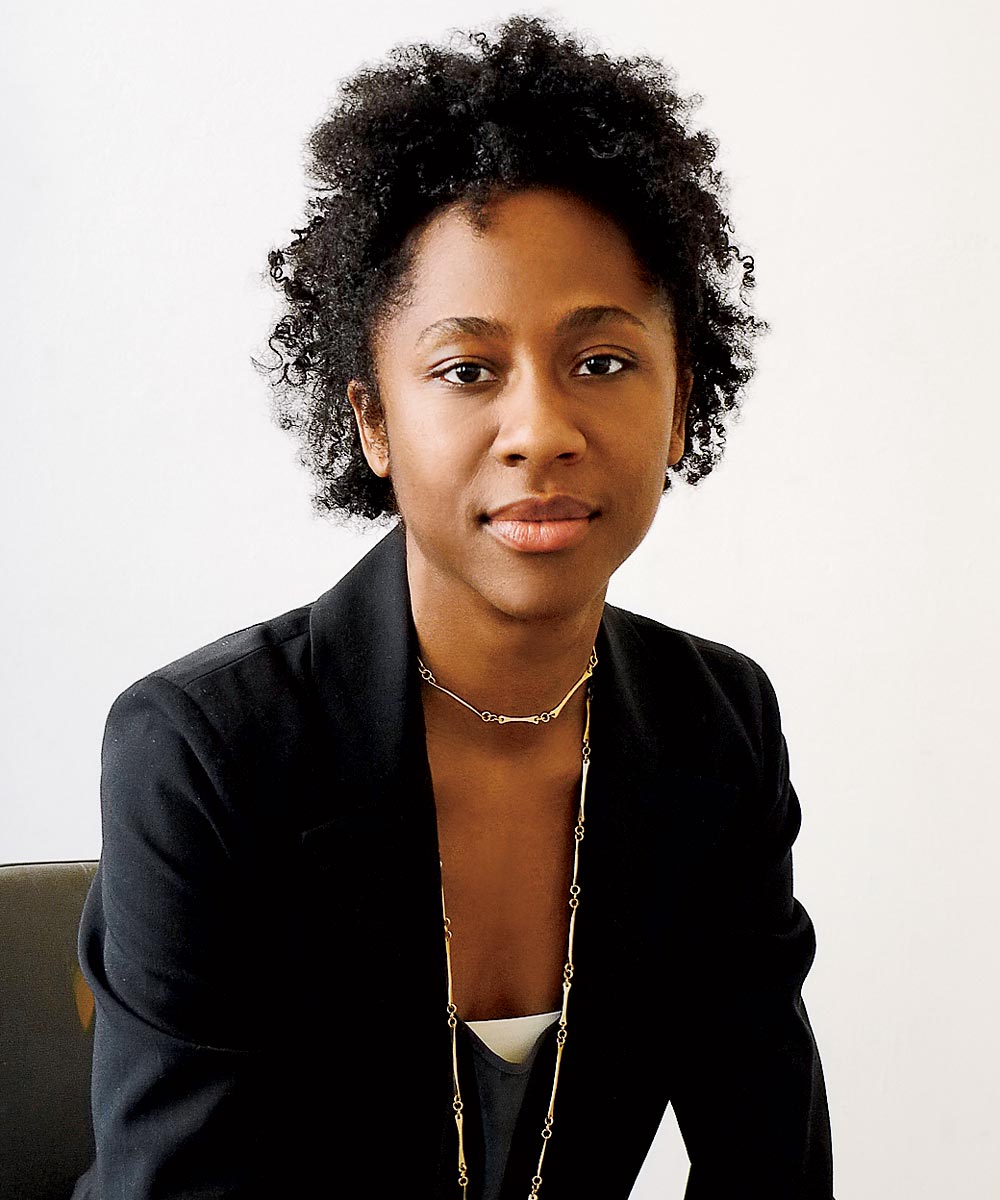“Two significant things shaped my childhood in Hyde Park: One was the beautiful network of public parks; the other was the arts festivals. There’s a tendency in my field to silo away certain things, to say that music and performance belong in one field and visual arts belongs in another. That wasn’t my experience growing up. Cultural life wasn’t just inside an institution.
“Part of the impetus for doing The Freedom Principle was to celebrate the Association for the Advancement of Creative Musicians’ 50th anniversary. I grew up with the AACM, and I remember seeing multi-instrumentalist Kahil El’Zabar play—my mother was into woodwinds, and he was the master. It’s important for me to put on record the amazing work that happened and is still happening here. That’s why the show will feature a series of musical performances.

“The AACM didn’t happen in isolation; it happened as part of a huge cultural awakening in Chicago and really across the nation. OBAC, or the Organization of Black American Culture, included visual artists, poets, and theater performers. They were integral in creating The Wall of Respect [an outdoor mural], which celebrates the primary movers of arts, culture, and sports. OBAC also had a visual arts offshoot called AfriCOBRA, who often collaborated with the AACM. But the AACM in particular was committed to unlearning a certain canon; and that’s one of the main reasons why they sit at the center of the exhibition, because they were dedicated to the idea of experimentation.

“Much of the exhibition is focused on the history of the ’60s and the ’70s civil rights movement. For example, one of the ways the AACM members composed music was by creating these scores that don’t look like traditional staff paper. Instead they would make these really beautiful abstract drawings meant to be interpreted and performed. It’s important to make an exhibition that really thinks about this as a living culture and not as something that just historically happened and then ended.” —As told to Tomi Obaro
GO The Freedom Principle runs July 11 to November 22 at the Museum of Contemporary Art Chicago. mcachicago.org



